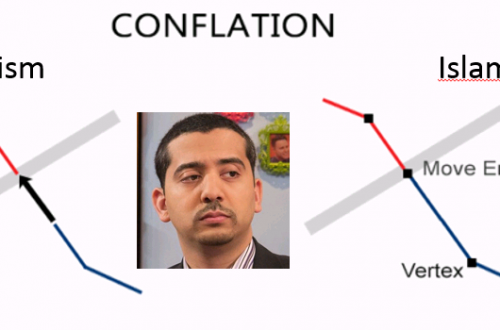This is a cross-post by James Snell
There we have it, then. Even before she won enough to guarantee it, AP reported, based on interviews with various super-delegates, that Hillary Clinton has the support of sufficient numbers of them (in addition to the delegates she had won during the primary process) to clinch the Democratic nomination. Excepting any major upset at the parties’ national conventions, the presidential campaign proper will be fought between Clinton and Donald Trump.
For many this binary decision is a deeply unpromising one. Many pollsters and commentators failed to predict Trump’s eventual victory, and for many within the Republican Party and without, this represents something like a nightmare made real. Lindsay Graham has recentlyargued that Republicans should withdraw their endorsements of Trump’s candidacy; and many other key figures are presently grappling with a serious dilemma in the same vein.
Perhaps surprisingly, given Trump’s remarkably low favourability ratings, Clinton is viewed with almost as much disdain by many within her party. Though she is numerically in the clear, the campaign of Bernie Sanders trundles on, hoping to undermine her claim to the nomination through uncertain means.
For some in the weary American electorate, the choice now facing the nation could not be less appealing. And many around the world will agree. But recent events have demonstrated that the two candidates are not the same – they are not alike in indignity.
Last week, Clinton delivered a speech on foreign policy which came closer than any other attempt to demonstrate that Trump’s candidacy is simply not serious in nature. Her attack was more effective than those of any of Trump’s opponents in the Republican primaries; and this form of electioneering could well be the way she will win the White House in November.
Her speech was effective because (regardless of the whooping from the captive audience) it seemed moderate, sensible and steeped in genuine expertise. She highlighted elements of Trump’s genuine ignorance – for example confusing the Kurds for the IRGC Quds Force on Hugh Hewitt’s radio programme – and presented herself as the only credible alternative. Meanwhile, Trump this week has said that he ‘made a lot of money with [Colonel] Gaddafi’ when the former Libyan dictator paid to camp on the lawn of one of his properties. Even though the colonel never stayed a night, this is simply not serious talk.
Despite Clinton not being terribly good at delivering speeches, and having several very serious episodes in her foreign policy past to defend, she has managed to set up a binary choice between her and Trump; and with that comes a choice of characteristics.
Do read the rest of James’ post here


